The CSTA Responsible AI Fellowship is a prestigious year-long leadership journey that empowers PreK-12 educators to develop ethical, inclusive, and transformative approaches to artificial intelligence teaching. This program addresses the critical need for educators who can navigate the complex landscape of AI education while ensuring responsible innovation in classrooms.
The program brings together approximately 15 fellows who form a dynamic learning community, supporting each other as emerging leaders and driving system-wide change in AI education through collaborative learning and peer mentorship.
Fellowship Focus Areas
Our fellows will develop expertise in:
- Ethical AI Frameworks: Understanding and teaching core principles of responsible AI development and deployment
- Inclusive AI Education: Ensuring AI learning experiences are accessible and relevant to all students.
- Transformative Teaching Practices: Implementing pedagogical approaches that help students critically analyze AI’s impact on society
- Leadership and Advocacy: Building capacity to champion responsible AI education at local, state, and national levels
Meet the Cohorts
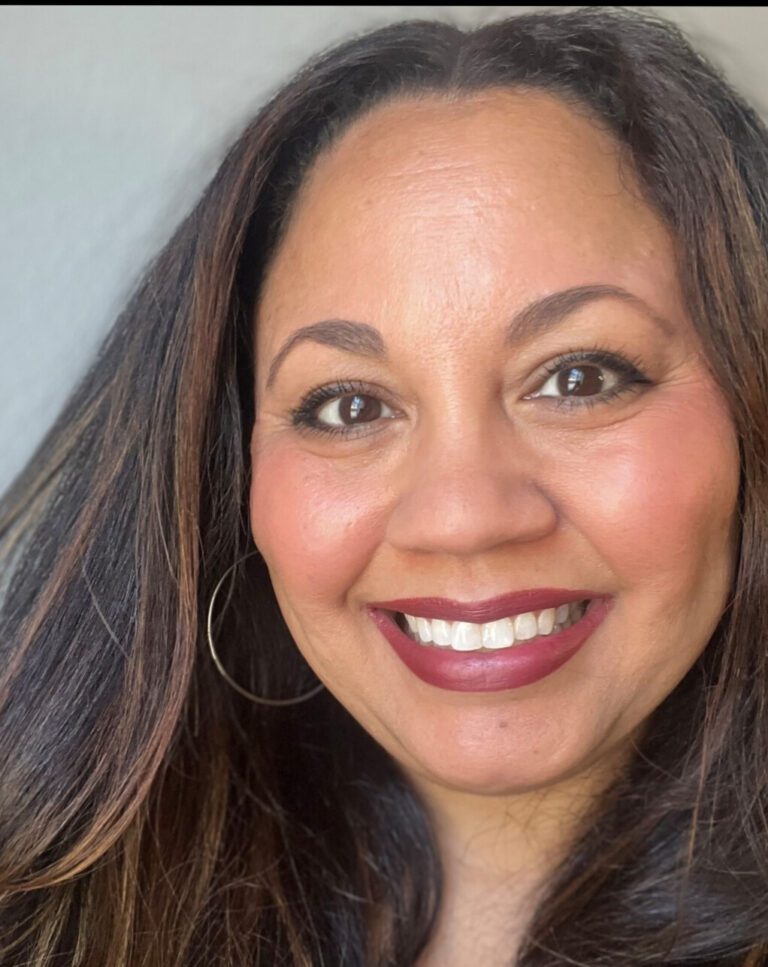
Responsible AI Fellow, Cohort 1
Angela Chavez (She/Her)
Angela Chavez is a dedicated CS Champion and advocate for expanding computer science access in elementary schools. She has begun fusing her work in CS with AI – access, responsible use, representation, and integration, starting with her elementary age students and sharing best practices with others. She currently teaches 5th grade at Computer Science Virtual Academy and serves as a CS for Good Champion at her school site.
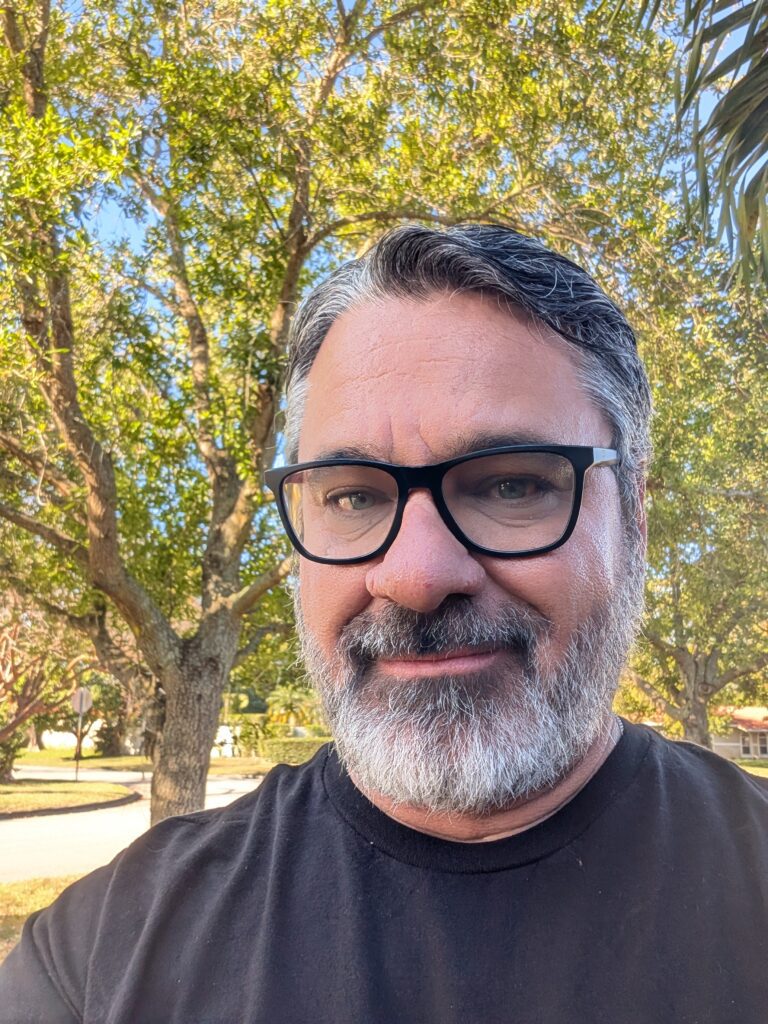
Responsible AI Fellow, Cohort 1
Daniel Jones (He/Him)
Dan Jones is a trailblazing educator and mentor whose impact spans classrooms, competitions, and career pathways. As a CTE and Computer Science teacher at WPS, Dan is deeply committed to neurodivergent inclusion, designing accessible and empowering tech curricula for all learners. He serves as a Esports, drones and robotics coach, guiding students through hands-on innovation and real-world problem solving.
In 2025, Dan led his team to victory as the ESports Mario Kart 8 World Champions, blending strategy, teamwork, and digital dexterity at the highest level. As a trusted Computer Science Honors Society advisor, he continues to champion student growth, equity, and excellence across the tech landscape.
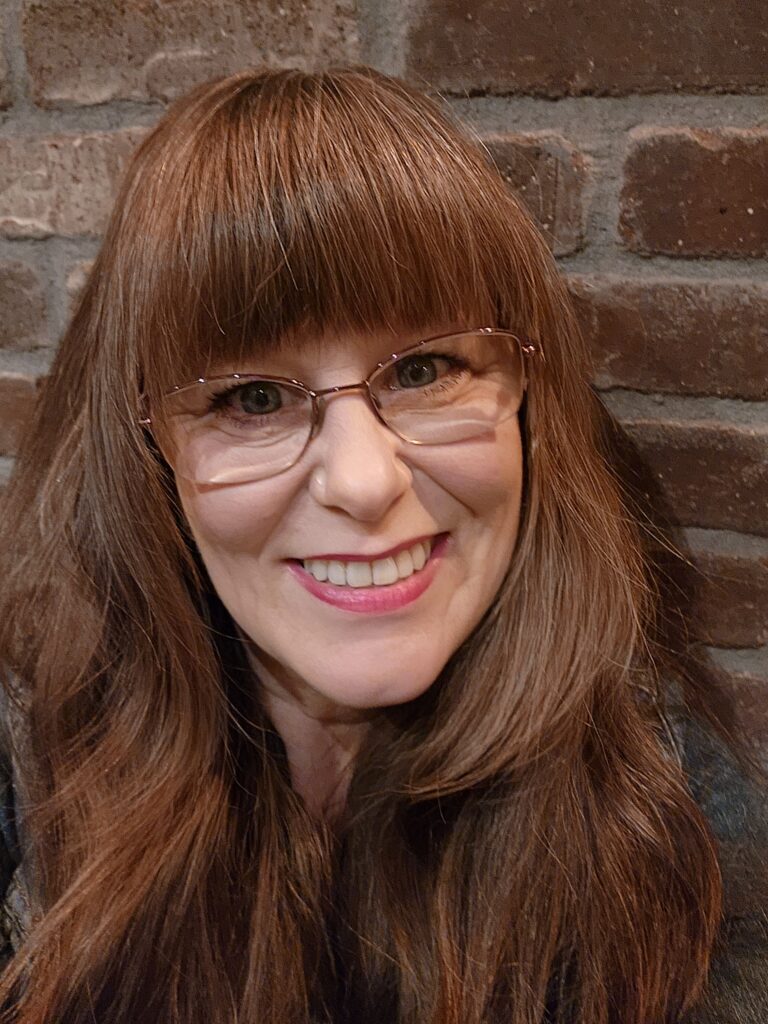
Responsible AI Fellow, Cohort 1
Denise Thompson (She/Her)
Denise Thompson has been teaching for over twenty years at Orting High School in Orting, Washington. She is currently the STEM Club advisor and coaches a Technology Student Association team while also teaching CTE STEM, College in the High School computer science, and AP Biology. She serves in several leadership roles, including the building Instructional Leadership Team, serving as a BEST Mentor, and as a newly elected CSTA Washington Vice President. Denise has spent her career advocating for the integration of computer science and other core academic subjects, including exploring bioinformatics and brain-computer interface in computer science classes, as well as leading professional development supporting the integration of computational thinking, modeling, and data visualization within non-STEM courses. In addition, she served as an Albert Einstein Distinguished Educator Capitol Hill Fellow in a senatorial office advancing STEM, education, and environmental priorities. On her down time, Denise enjoys hiking with her two cattle dogs Chip and Lucky, antiquing with her husband or playing Grandma to her five grand-children.
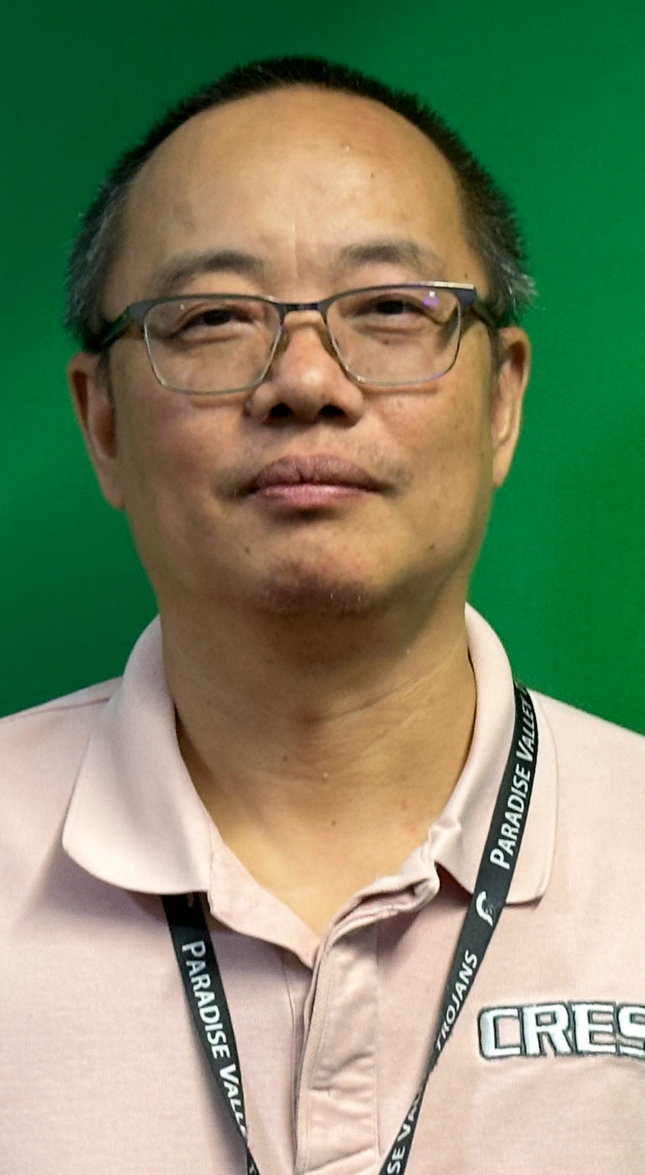
Responsible AI Fellow, Cohort 1
Dr. Jie Long (He/Him)
Dr. Jie Long is a Computer Science and CTE teacher at Paradise Valley High School in Phoenix, Arizona, where he teaches cybersecurity, Python programming, AP Computer Science Principles, and IT Essentials. He integrates CompTIA A+ and Security+ curricula with hands-on projects that prepare students for industry certifications and careers in technology, and actively advocates for increased opportunities for underrepresented groups in computing. Dr. Long holds a Ph.D. in electrical engineering from Iowa State University and is dedicated to ensuring all students have access to high-quality computer science education. In his free time, he enjoys hiking and exploring the outdoors.

Responsible AI Fellow, Cohort 1
Dr. Kate Lockwood (She/Her)
Dr. Kate Lockwood is in her 10th year of teaching high school computer science at St. Paul Academy in St. Paul, Minnesota, after transitioning from higher ed to K-12. Kate holds bachelor’s and master’s degrees from the University of Michigan and a PhD in Computer Science from Northwestern University. As co-president of the Minnesota chapter of the CSTA, Kate advocates for expanded access to computer science education for all Minnesota students, and is committed to providing increased belonging and empowerment through computer science to students nationwide. Kate was also part of the 9-12 grade band team of the AI4K12 project and is excited to continue to work to bring high-quality AI opportunities to K-12 students and teachers.
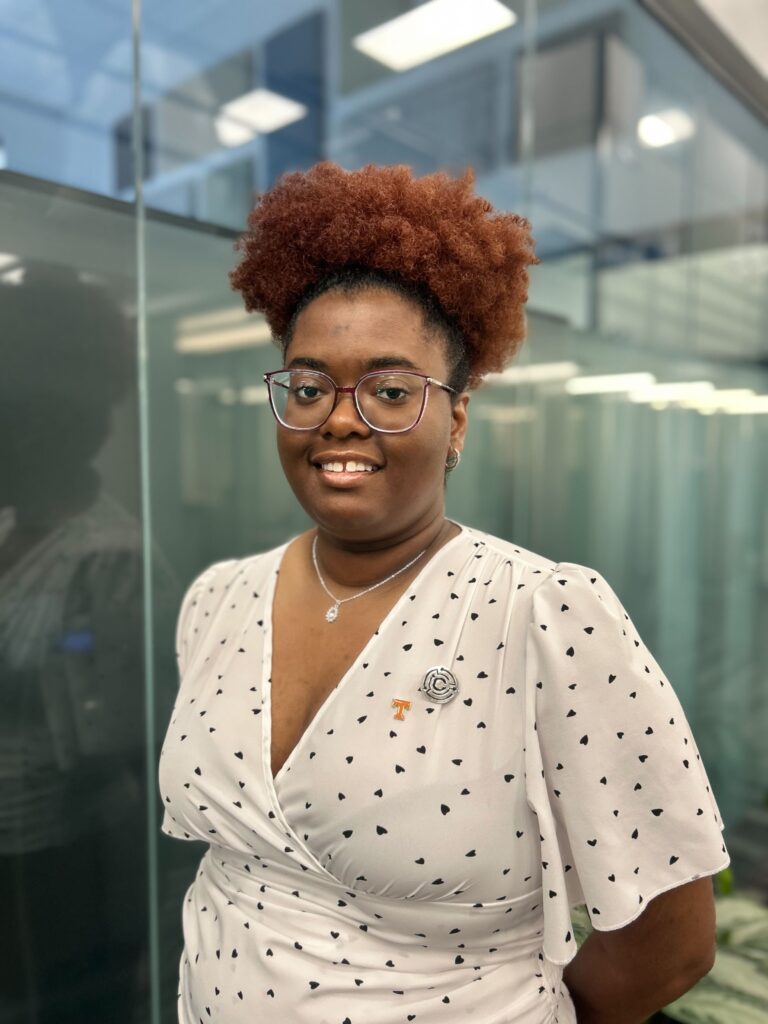
Responsible AI Fellow, Cohort 1
Elexis Allen (She/Her)
Elexis Allen is a Computer Science Instructor at CodeCrew in Memphis, TN, with a strong background in biomedical engineering and data science. She integrates artificial intelligence, technology, and medical device knowledge into K–12 programming and software development curricula, designing health-centered and innovative learning experiences. Elexis created Healthy Bytes, a program that bridges computer science and physical therapy through hands-on applications in coding, biomechanics, AI, and data analysis. She earned her Master’s in Data Science from Eastern University, specializing in computational modeling and machine learning. As a published author, her contributions to AI research include two IEEE papers: Adapting Random Forests to Predict Obesity-Associated Gene Expression and Towards Faster Gene Expression Prediction via Dimensionality Reduction and Feature Selection. She also authored Scratch Day: Hands-On Computational Thinking Activities for Youth and Adults in the Journal of Technology-Integrated Lessons and Teaching. Her work continues to advance both AI research and equitable computer science education.
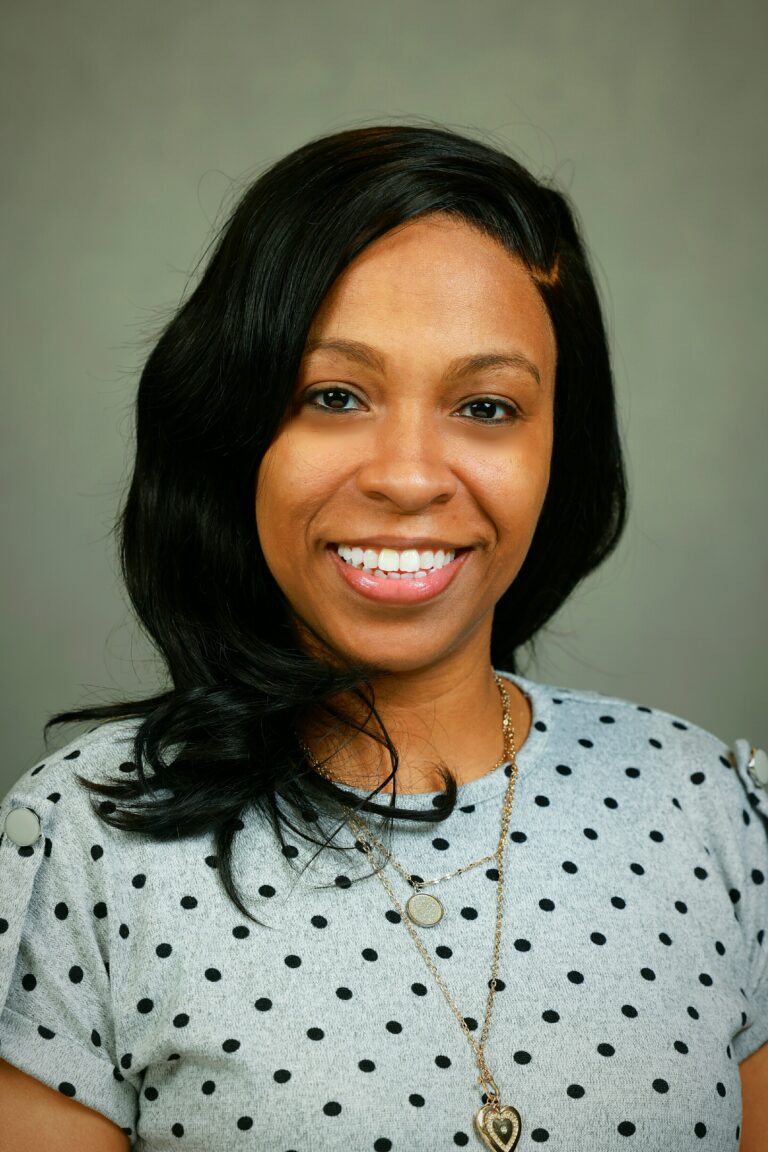
Responsible AI Fellow, Cohort 1
Latoya Jones (She/Her)
Latoya Jones is a Media Specialist at Sanders Park Elementary in Broward County, Florida, where she integrates literacy, computer science, and emerging technologies into K–5 learning. She recently earned her Master’s in Curriculum & Instruction with a concentration in Computer Science Education and is passionate about helping students and teachers explore responsible and creative uses of AI.
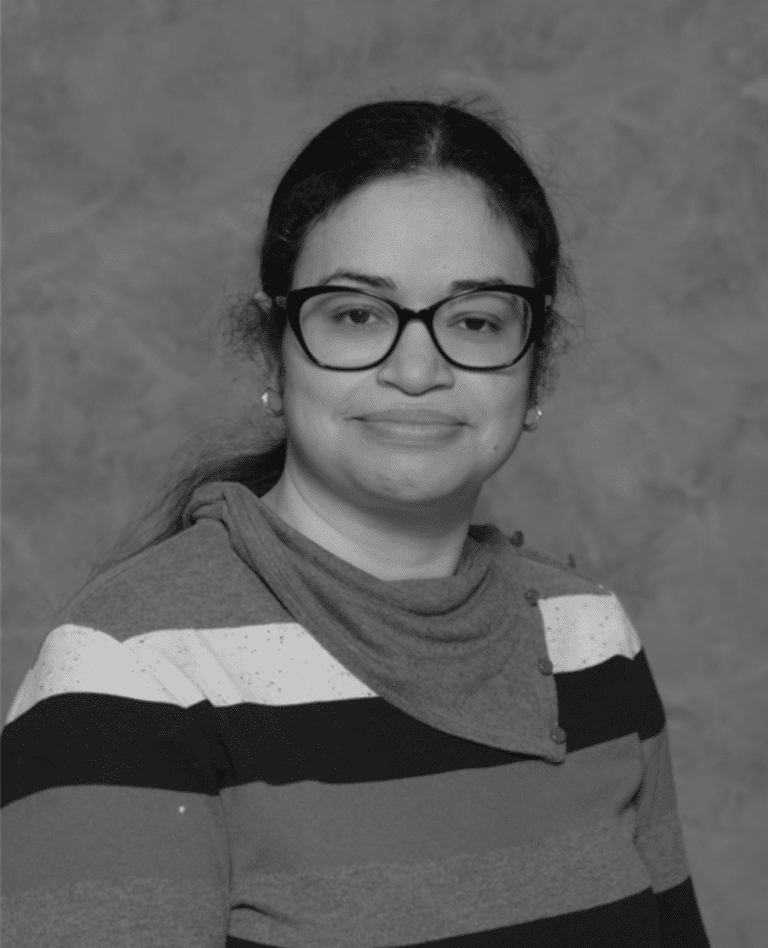
Responsible AI Fellow, Cohort 1
Lisette Antigua (She/Her)
Lisette holds a Bachelor’s degree in Computer Science from State University of New York at Oswego. She has a Master of Arts in Human Computer Interaction from State University of New York at Oswego and a second Master of Arts in Instructional Technology and Media from Teachers College, Columbia University. She has taught Computer Science for ten years years. Her greatest accomplishment is having students pursue a computer science degree once they leave high school. She would to continue growing as an educator to improve impacting students in computer science.
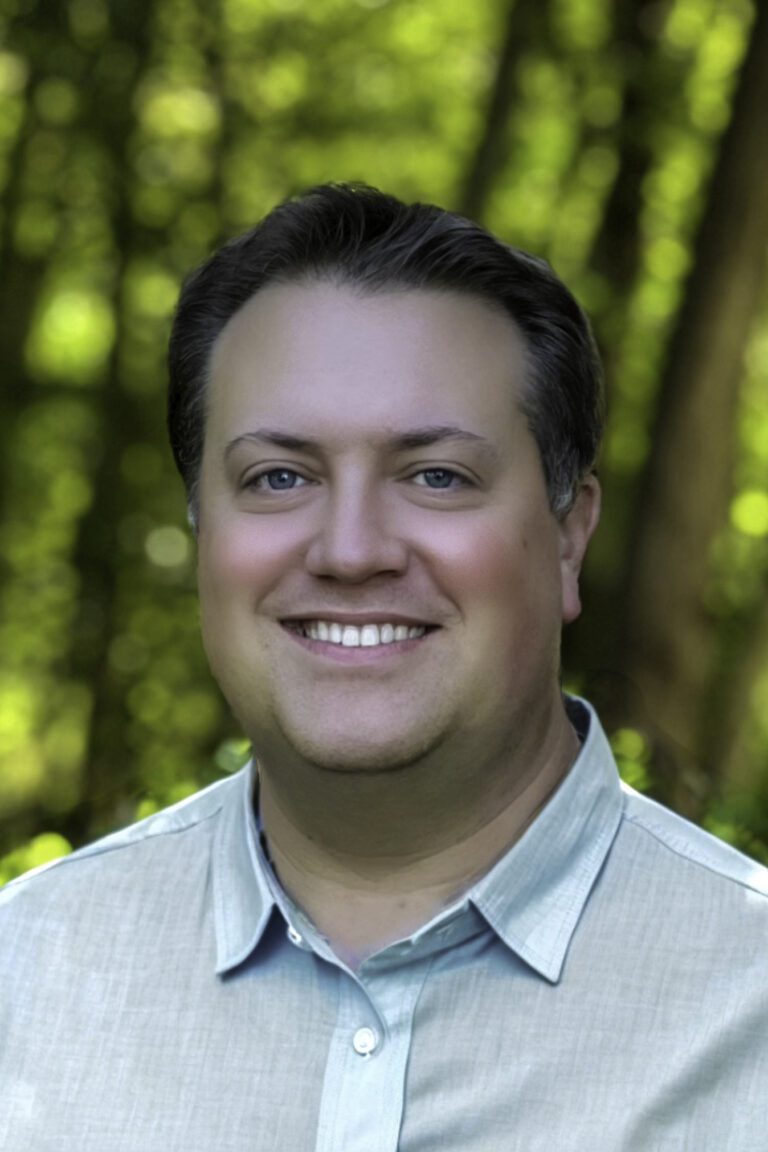
Responsible AI Fellow, Cohort 1
Mark John Davis (He/Him)
Mark J. Davis is a passionate Digital Literacy educator and advocate with more than two decades of experience serving in K–12 public education. Holding a Ph.D. in Education with a specialization in infographic literacy, he blends academic expertise with practical classroom insight to help students and educators navigate today’s complex media landscape. Mark is also a researcher with the Media Education Lab, where he contributes to advancing scholarship and resources in media and digital literacy. He lives in Massachusetts with his wife and two children, where he continues to champion the critical role of literacy in a digital age.

Responsible AI Fellow, Cohort 1
Matt Alonso (He/Him)
Matt Alonzo is a 22-year veteran mathematics teacher in his 14th year of teaching computer science at Parkway North High School in St. Louis, Missouri. A lifelong learner, he continually seeks opportunities to grow in CS education while centering his work on equity. As a member of cohort 5 of the CSTA Impact Fellowship (formerly the Equity Fellowship), Matt gained a deeper understanding of the potential harms AI can pose to students, particularly those from underrepresented backgrounds. This experience drives his excitement for the CSTA Responsible AI Fellowship, where he hopes to shape how AI is used in education. Matt also serves as equity chair of the CSTA Missouri chapter, was the 2023 CS Teaching Excellence Award winner, and was Parkway North’s 2022–23 Teacher of the Year. In addition, he is in his ninth year on his local school board, currently serving as president.
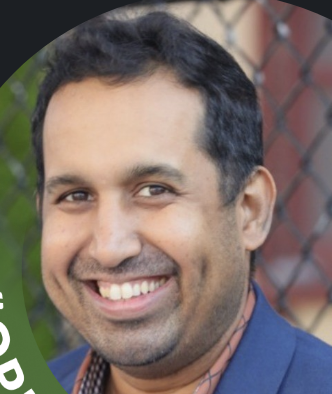
Responsible AI Fellow, Cohort 1
Oommen Chris Jacob
Oommen Chris Jacob is an accomplished educator, instructional technologist, and leader with over 17 years of experience in the New York City Department of Education. He serves as Technology Coordinator, Computer Science Department Head, and Future Ready NYC Coordinator at Pathways College Preparatory School, where he established and leads the Computer Science department. Chris teaches multiple college-level courses, mentors teachers, and drives initiatives that integrate technology to prepare students for careers in computer science, data science, and emerging fields. He is pursuing a Doctorate in Leadership with a focus on Educational Technology at the American College of Education, with research centered on AI integration and teacher self-efficacy. Passionate about equity and innovation, Chris partners with industry and higher education to expand early-college opportunities and work-based learning for historically underserved students.

Responsible AI Fellow, Cohort 1
Tamar McPherson (She/Her)
Tamar McPherson is the K-12 CS, Business, and Technology Education/STEM Department Leader for the Plum Borough School District in Pittsburgh, Pennsylvania, where she also teaches high school computer science. With a background in mechanical engineering, she brings a design mindset to education, building systems that expand equitable access to CS across all grade levels. Tamar serves as President of CSTA Pittsburgh and mentors teachers across Pennsylvania as they prepare for the CS Praxis exam. She has contributed nationally as a pedagogical expert for GenCyber@Pitt and as a facilitator for Cyber.org’s 9–12 Cybersecurity Cohort. Her work has been recognized with awards including the CSforAllPA Exemplary Educator Award, the Carnegie Science High School Educator Award, and the NCWIT SWPA Affiliate Educator Award. She champions responsible, inclusive, and future-ready AI and computer science education.
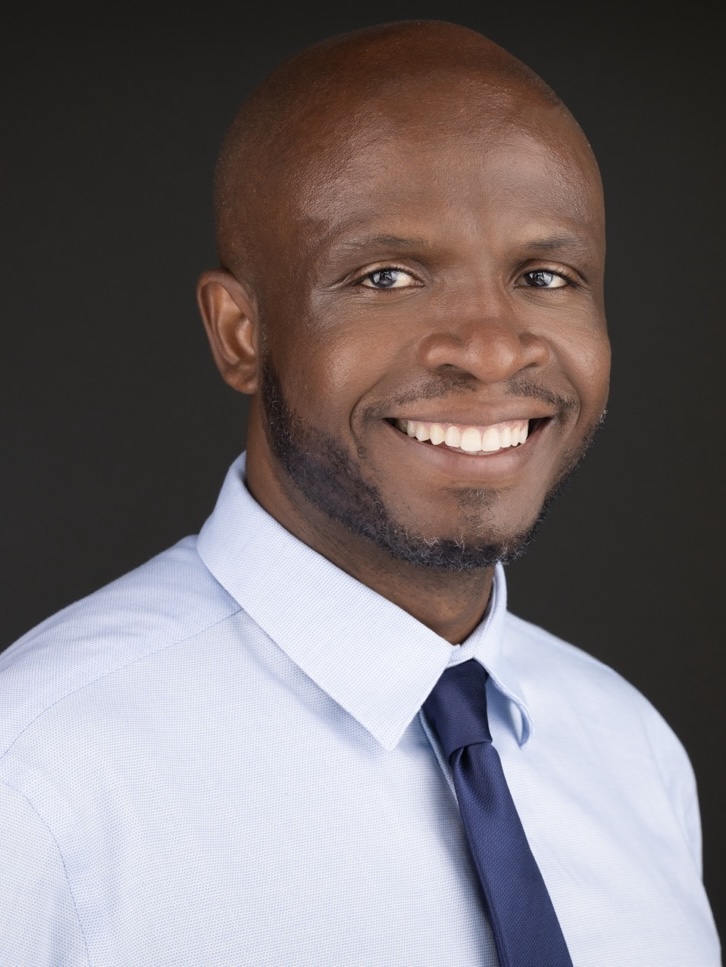
Responsible AI Fellow, Cohort 1
Tarquinn Curry (He/Him)
Tarquinn Curry is a veteran educator with 22 years of teaching experience in Long Beach Unified School District. He teaches film, robotics, and coding at Jefferson Leadership Academies and leads AI courses for BOSS, a nonprofit that empowers students of color through mentorship and technology. Tarquinn serves on both the State of California AI Task Force and the LBUSD AI District Task Force, helping shape equitable approaches to computer science and artificial intelligence in K–12 education. In 2025, he was recognized as an ASU+GSV AI Innovator for his leadership at the intersection of equity, technology, and learning. He holds a master’s degree in education and a preliminary administrative credential. Tarquinn also founded Silvereye Films LLC and Quinnsight, blending media, education, and AI consulting to expand opportunities for students, families, and communities.
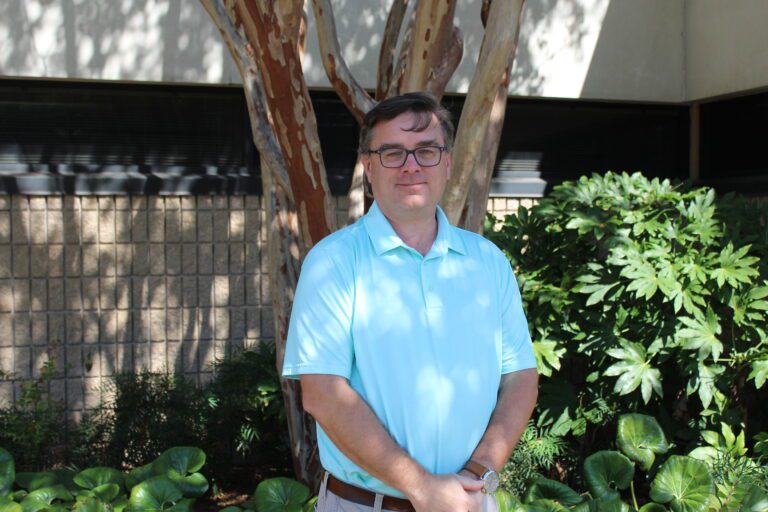
Responsible AI Fellow, Cohort 1
Tim Swick (He/Him)
Tim is a teacher for Lexington Richland School District 5 in South Carolina, where he is currently spearheading an innovative middle school program that blend computer science, design thinking, and artificial intelligence. At CrossRoads Middle, he is helping to develop the Innovation Studio: Engineering Solutions for the Future, a pioneering elective that introduces students to robotics, makerspaces, and AI fundamentals while aligning with state computer science graduation requirements. Tim has built partnerships with educators and state leaders to expand equitable access to CS education, and he regularly shares his expertise through CSTA and other professional organizations. His work focuses on creating inclusive pathways that prepare all students to engage critically and responsibly with emerging technologies.
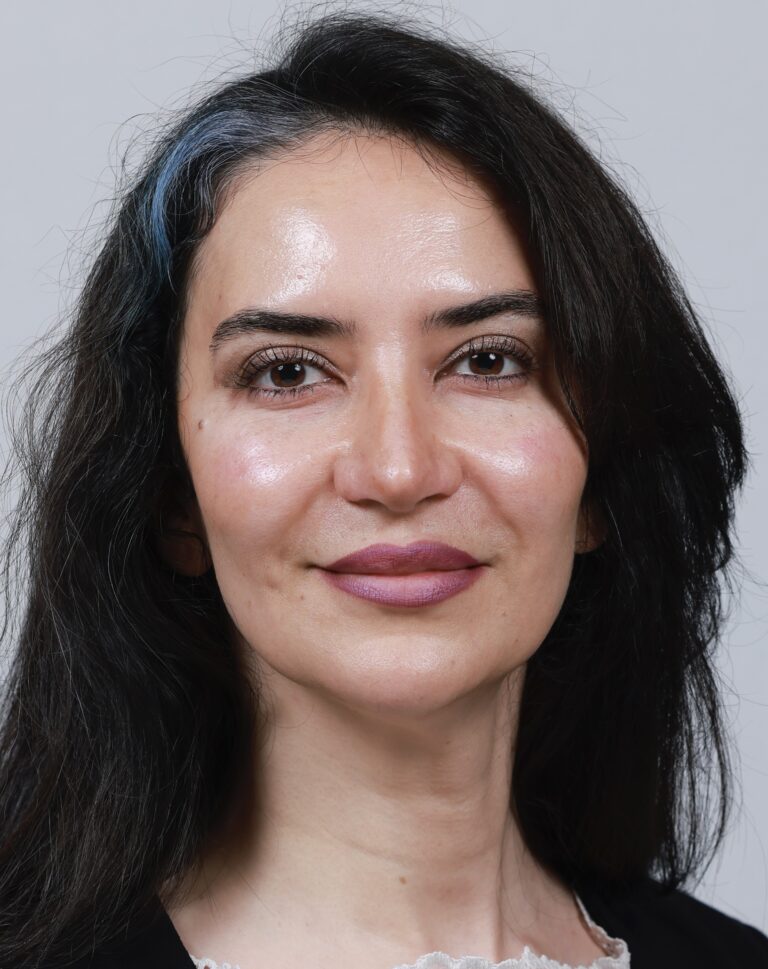
Responsible AI Fellow, Cohort 1
Zahra Razi (She/Her)
Zahra Razi specializes in integrating computer science and educational technology into K–12 instruction, with expertise in curriculum design, interdisciplinary teaching, and teacher professional development. With a background in both computer science and pedagogy, she has created a middle school computer science curriculum that incorporates programming, artificial intelligence, physical computing, robotics, cybersecurity, and data science into both core and intervention courses. Her instructional approach emphasizes helping students create responsibly with technology and engage in ethical innovation, encouraging them to critically explore the societal impact and real-world applications of computer science.
She collaborates with educators across disciplines to design inclusive, interdisciplinary projects and has also served as an Educational Technology Coach, supporting teachers in implementing digital tools and emerging AI technologies. A frequent presenter at education and technology conferences, Zahra shares practical, student-centered strategies. She is an Amazon Future Engineer Teacher Ambassador, a member of the California Department of Education AI Work Group, an ASU+GSV AI Innovator, and the recipient of both the ISTE 20 to Watch Educator and ISTE GenerationAI Awards.
CSTA’s Responsible AI Fellowship is made possible in partnership with:


